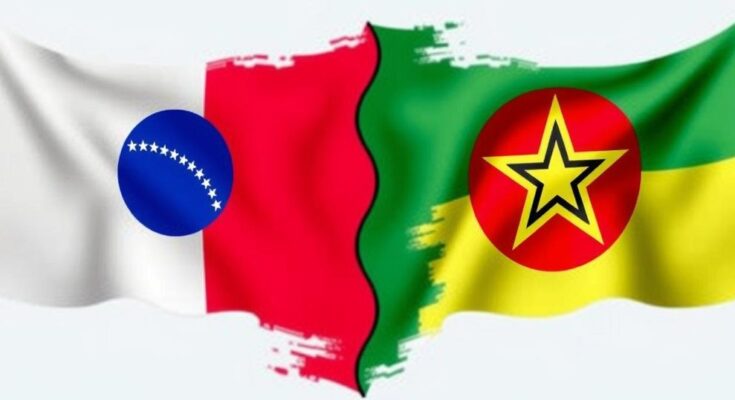The ATMIS has welcomed an agreement between Ethiopia and Somalia aimed at resolving their dispute over Somaliland, emphasizing the need for cooperation to ensure regional stability. Leaders from both nations reaffirmed mutual respect for sovereignty while planning Ethiopia’s access to maritime routes. The agreement followed a period of escalating tensions due to earlier dealings between Ethiopia and Somaliland, which Somalia opposed.
The African Union Transition Mission in Somalia (ATMIS) has expressed support for the recent agreement between Ethiopia and Somalia aimed at resolving their ongoing dispute over Ethiopia’s plans to construct a port in Somaliland. This significant accord, facilitated in Ankara, Turkey, was commended by Mohamed El-Amine Souef, the Special Representative of the Chairperson of the African Union Commission for Somalia, who emphasized its importance in fostering regional peace and stability. He reaffirmed ATMIS’s commitment to aiding Somalia’s state-building and security efforts in accordance with the desires of the Somali populace and the broader vision for a secure and flourishing Africa.
Moreover, Moussa Faki Mahamat, Chairperson of the African Union Commission, lauded the deal, calling it a demonstration of high responsibility by the leaders of Ethiopia and Somalia. He specifically urged swift implementation of the agreed measures to strengthen mutual trust and collaboration. The backdrop of this agreement involved heightened tensions arising from an earlier pact between Ethiopia and Somaliland, which was perceived as undermining the territorial integrity of Somalia. Through their recent joint statement, both leaders reaffirmed their commitment to each other’s sovereignty and pledged to collaborate on arrangements facilitating Ethiopia’s access to sea routes.
This agreement emerges from a complex backdrop involving Ethiopia, Somalia, and Somaliland. Over recent months, relations had become strained after Ethiopia and Somaliland entered into an accord granting Ethiopia maritime access in exchange for recognizing Somaliland’s independence—a move strongly rejected by Somalia. The new agreement signifies an effort to mend bilateral relations and emphasize unity in the region, reflecting a collective ambition for stability and cooperation amidst past disputes.
In conclusion, the agreement between Ethiopia and Somalia represents a critical step toward reducing tensions and promoting collaborative efforts for regional peace. Both leaders have demonstrated a commitment to resolving differences through dialogue and cooperation, an essential element for fostering a stable environment in the Horn of Africa. The role of ATMIS and the African Union underscores the importance of international support in achieving these goals.
Original Source: www.socialnews.xyz




